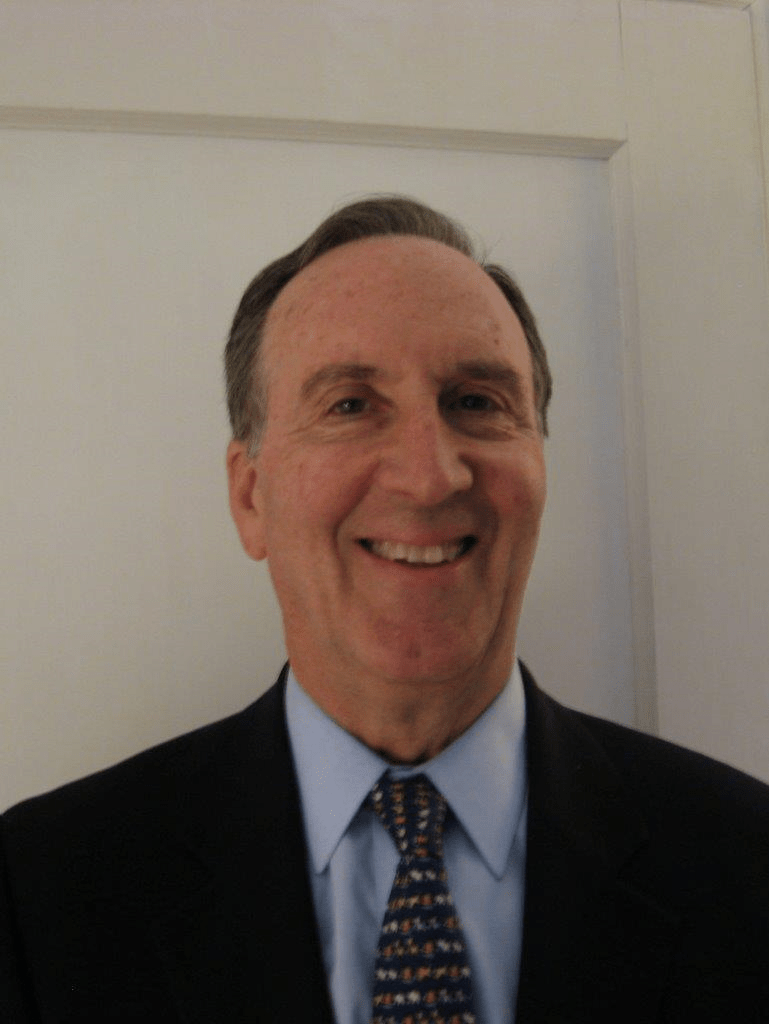Sherman Katz ’65
Interviewed by Konso Mbakire ’18
On Tuesday, March 28th 2017, the Amherst College Global Education Office had the pleasure of welcoming Sherman Katz, Class of ’65, to our campus. In his day, Amherst looked very different; it had a core curriculum, no women, and no study abroad office. He found out about a year-long study abroad program in Sweden but there was no Study Abroad system in place to accommodate his desire. So he petitioned his program, and the school compromise was to give him hour credit but not grade credit, what we now call semester credit without affecting your Amherst GPA. Sherman Katz went on to write a senior thesis in the Political Science department, do international trade law, and has now ended up in the think tank world, knighted by the King of Sweden along the way. What stood out to me most was his openness. After I interviewed him he asked to interview me! My hope is that those who were unable to attend his lunch and Q&A can get a glimpse of the personable Sherman Katz that I met that Tuesday afternoon. Below is the transcript of my interview with him:
What stirred you to pursue a year abroad when it was so uncommon?
The opportunity to experience a different culture and all the perspectives on life, on government, on culture that it had to offer.
Why Sweden?
As it happened, I had no skills in Continental European languages and Sweden was offering study in English. Also, it was a small country that had solved many problems that larger, industrial societies had not yet resolved. [From the start, I was interested in the industrialized world, which is what attracted me to Europe.]
Can you explain some of the ways that your year abroad has influenced your life/career path to date?
Thanks to my year abroad, I developed relationships with Swedish business people who later became my clients as an international trade lawyer. Also, I developed relationships with government officials, who seemed to enjoy our interaction very much, later favoring me with an honor from their King.
Was there any reason you chose one year over a semester?
Oh! The institute in Stockholm offered a full year program and I was not aware of other options, and indeed created this program myself, and this is what I wanted to do.
What did you major in at Amherst?
Political Science, and my year abroad helped prepare me to write my senior honors thesis on Swedish neutrality in World War II and after. In the early phases of the war, Swedish industry supplied the German war machine. In later phases of the war, as Germany began to lose the war, Sweden turned to relationships with the allies. It was what some might call “pragmatic” but others “opportunistic.” Subsequent to the war, in the Cold War, in which the Soviet Union was a significant threat to Sweden, in a very quiet way, Sweden had cooperative relationships with the United States without joining NATO. The Soviet Union tolerated this, giving Sweden a measure of security.
Trade has been a focal point for your career, what led you in that direction?
I very much enjoy International Economics; the cross-cultural element of helping my clients, who are usually foreign, understand the US regulatory and economic system. I also have a strong conviction that trade helps many people, but the government has a responsibility to help those who are hurt by open trade policies, and that has been a subject I’ve pursued as a policy interest.
What advice do you have for students who are/have been abroad and want to find ways to use that experience to shape the remainder of their education at Amherst or life after Amherst?
In a word, “INTEGRATION.” Integrate your language and your cultural experience, if possible, with your senior studies, and use all of that – from junior and senior years – as building blocks for what you do subsequently, whether in business or academia or other fields.
How have you been able to live out your values in terms of a life beyond billable hours?
I have pursued research interests, particularly I turned my practice area of international trade into my policy area, namely international trade policy. This has given me an opportunity to make normative statements, back them up, in an effort to move my own country’s, and other countries’, policies in the right direction.
If you could go back, and say, live through today’s Amherst College that has a study abroad office and access to programs all over the world, would you choose Sweden again?
Well subsequently, later on in life, very much enjoyed spending a sabbatical year at Oxford and, in a way, it was intellectual paradise; everywhere, every day, there were lectures, there were cultural performances, there were symposia and seminars. Ideas were and are the highest good and the currency of the day at Oxford, and I’m sure at Cambridge as well, and perhaps other universities in England. England combines knowing American culture with, to some extent, a common language, and yet it has enough cultural differences as to be full of surprises and new experiences. So it seems like a very attractive place to go for living and working abroad.
What would you say to students thinking of studying abroad?
“Follow your dream.” You may not be able to answer some questions about this proposed experience, but trust your instincts, thrust yourself into the realm of new experience. In the end, I strongly believe, you will be amply rewarded for taking the plunge.
